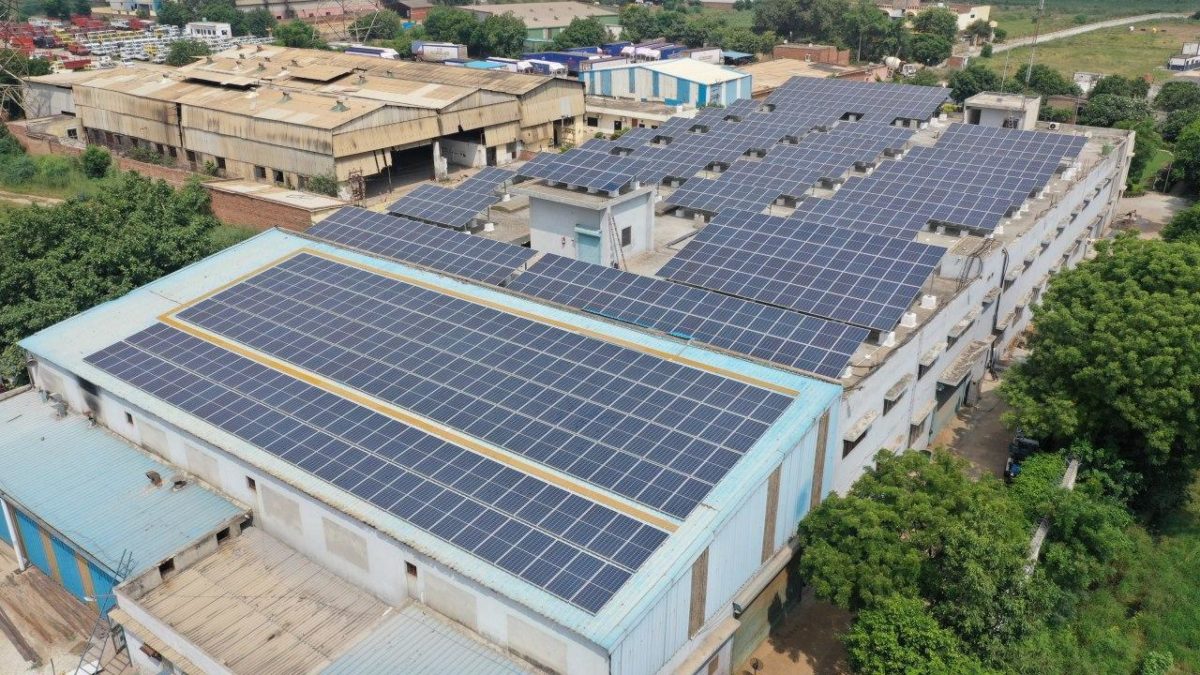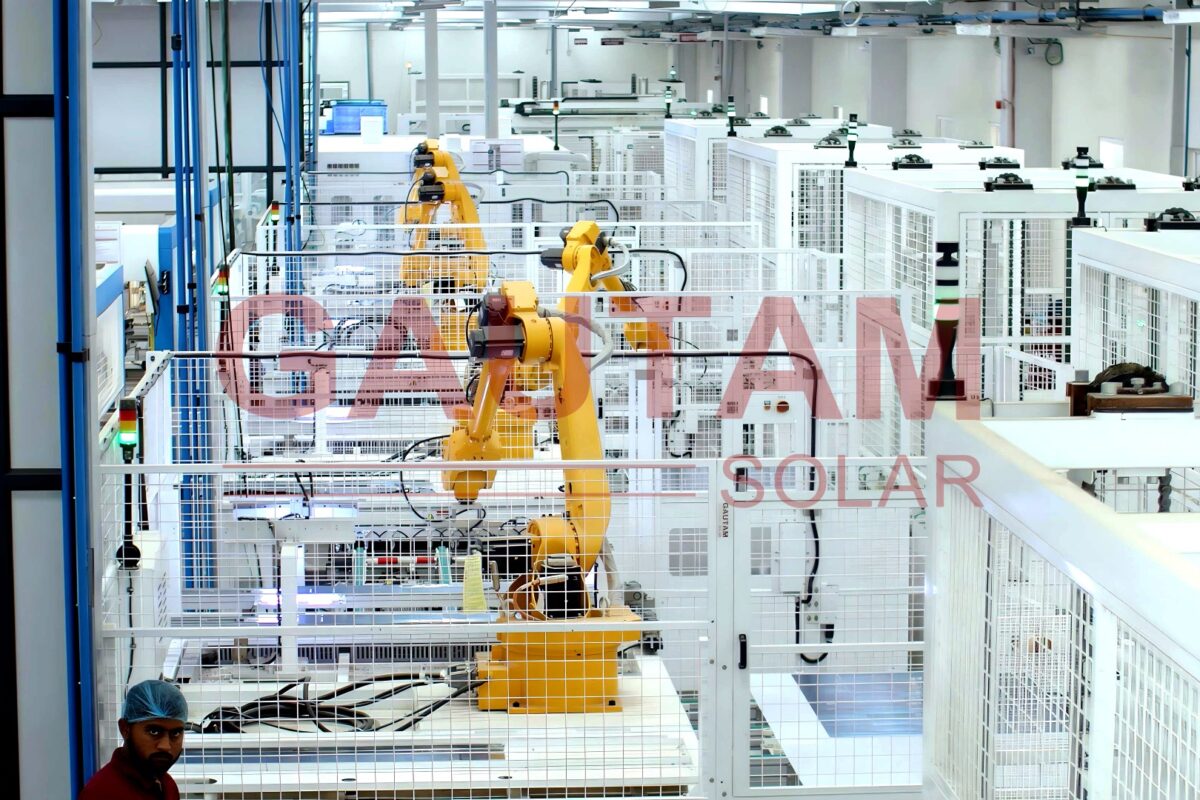Just over a month ago, the Maharashtra Electricity Regulatory Commission (MERC) issued a draft of the net-metering policy regulation changes, which drew harsh criticism from industry experts. The reason: The proposal by the MERC withdrew the basic net-metering facilities and benefits for commercial and industrial (C&I) consumers, thus limiting the benefits of rooftop solar altogether in the state. We had analysed in great detail about why this policy change was a big step back for the state in a previous article.
In response to the heavy criticism from the solar industry, the MERC has now issued new regulations for net metering in the Maharashtra state.
As part of the initial proposal, large-scale consumers with more than 300 units of electricity generation per month, had to sell the excess units generated above the 300 units cap to the local DISCOMs at a tariff of Rs 3.64 per unit. Furthermore, the consumers would have had to pay for the power purchased from the DISCOM at rates between Rs 10-11 per KWh.
This entire scenario would have been unfavourable for large-scale consumers, which would mainly have comprised commercial and industrial enterprises in the state.
As per the latest change by MERC, the net-metering arrangement and facilities will be permitted by the distribution licensee on a non-discriminatory, ‘first come, first serve’ basis to eligible consumers across all consumer categories, which is good news for consumers who have already installed a solar system or who are planning to go solar.
The new regulations also state that the maximum solar load permissible on an MSEDCL distribution transformer has now been increased from 40% to 70%, which is only in favour of the consumer.
But the most important change of all is allowing net metering benefits across categories, including commercial and industrial consumers, and removal of the consumption limit of 300 units under the net metering mechanism for the residential category. This will help consumers set off their entire consumption against their system’s self-generation, benefiting them greatly.
There is good news for small-scale consumers too, as their registration fee has been reduced as well. Earlier, smaller consumers had to pay a fee of Rs 500 for up to 5 KW, and Rs 1,000 thereafter. As per the new regulations, the fee is now Rs 500 for up to 20 KW and Rs 100 thereafter for every 20 KW or part thereof. High Tension (HT) consumers, on the other hand, will have to pay a flat fee of Rs 5,000.
Overall, these new regulations proposed by MERC are far more optimistic and in favour of consumers across categories in the state of Maharashtra, especially the commercial and industrial segment. These changes should help put the solar industry back on track in the state and make the journey for consumers looking to go solar, easy and seamless.
MYSUN is a leading technology backed rooftop solar solutions and services company. It offers customised solutions to Commercial & Industrial as well as Residential consumer segments along with in-house financing solutions to provide easy buying options for customers including its SME/MSME clients.
The views and opinions expressed in this article are the author’s own, and do not necessarily reflect those held by pv magazine.
This content is protected by copyright and may not be reused. If you want to cooperate with us and would like to reuse some of our content, please contact: editors@pv-magazine.com.








We are evaluating cost benefit analysis of installing rooftop solar in residential building of 7 story having 42 flats, at kandivali, mumbai. Pl send is derailed proposal
Best regards
Bhavesh
9820870305